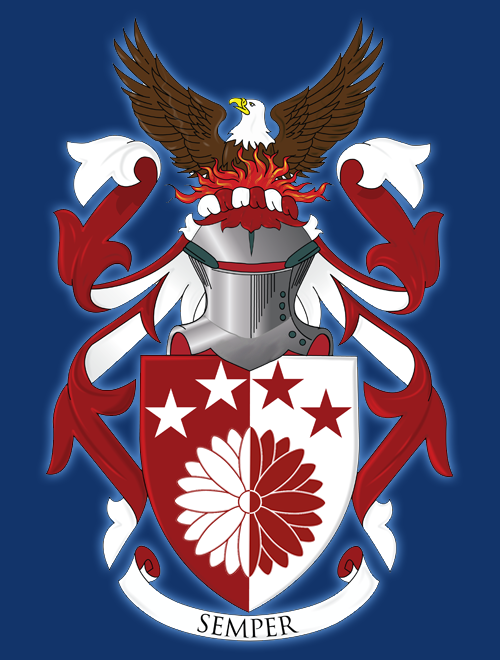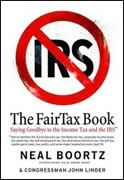 I am a comic-book geek. When I was a kid, I had a weekly list. Most of my allowance went to four-color newsprint. I kind of set aside the habit, but because of the digital age I can once again indulge in this guilty pleasure.
I am a comic-book geek. When I was a kid, I had a weekly list. Most of my allowance went to four-color newsprint. I kind of set aside the habit, but because of the digital age I can once again indulge in this guilty pleasure.Recently I acquired Marvel's Civil War series and tie-in book, to date.
The series, for those non-comic followers and those who don't know, is creating a complete upheaval in the Marvel universe (the comic company that's given us Spider Man, the X-Men, the Hulk, Capt. America and many, many more). Basically, the plot revolves around the concepts of superhero registration and civil liberties.
In the comic, a group of super heroes are on a reality TV show reminiscent of the real show Dog The Bounty Hunter. They are hunting a crew of what they think are "B" grade super villains. They catch them somewhat unaware and storm the villains at home. All caught on live TV.
As they're fighting, one of the villains, Nitro - who has the power to create huge explosions around him (without hurting himself, of course), flees the scene. He's tracked down by one of the superheroes who is about to attempt to catch him when he uses to power to set off a huge explosion. Unfortunately, they're in the middle of suburbia, he's standing right next to a school and the blast radius is huge. He winds up killing all of the superheroes, his fellow supervillains and hundreds of people in the town including many schoolchildren.
This action spurs the public outcry against all super-powered persons. The government creates and quickly passes a Superhero Registration Act that requires any super-powered person, who wants to continue fighting crime, to sign the registration and become an agent of the government. Otherwise, they must retire from active crime fighting or they'll become a fugitive.
Of course, there are those who support the registration – Iron Man, surprisingly Spider Man and Mr. Fantastic, She-Hulk and many others – just as there are many who do not (Capt. America being the primary non-registration leader). This sparks a war between the superheroes which is all part of the Mighty Marvel Manner honestly, because they have a habit of having good guys fight. In fact, good guys probably fight more than they fight bad guys. Crap half the stories are good guys mistakenly fighting each other or good guys trying to decide how good they really are or if they're just some kind of anti-hero or something. But I digress.
On the one hand, this is a very natural step for Marvel Comics to have taken. Since the early days of the X-Men back in the '70s, they've pushed the concept of the Mutant Registration Act. Which required mutants with powers to register their name and power with the government. Not if they wanted to fight crime or anything, just because they exist. It's obvious to see the evil and racism going on there. Which was kind of the writer's intent.
Superhero registration growing out of this pre-existing environment – in this fictional world, only makes sense. However, the two concepts diverge in intent. The mutant registration act was born out of irrational fear and drew parallels to the Nazi registration of the European Jewish population. The comics that dealt with these issues were as dark and foreboding as the real-world issues they were mimicking.
This modern concept, in Marvel reality, is born out of very rational fear. Here you have a world infested with being of immense power, who take it on themselves to police society, without any oversight. Honestly, I'm surprised it's taken Marvel's writers this long to come to this conclusion. I really think that most people would want their crime fighters to be licensed. It only makes sense.
There is a scene in one of the books that – to me – is the be all, end all argument. Reed Richards, Mr. Fantastic, is speaking with a reporter of the Daily Bugle (Spider Man's newspaper – well former newspaper, he wound up unmasking himself and getting fired). It boils down to this:
Anyone can make a citizen arrest. You can detain, but you must stick around and wait for the cops to show up. That is legal and is the foundation of most bounty hunter's way of life. However, if you just whomp up on someone and leave them for the police – while it might have been an ethically good thing – you are guilty of assault and are just as much in the wrong as the criminal.
Superheroes, while fun to read about, are essentially vigilantes. Even in the context of their own mythical universe, they are breaking the law by beating up on people and just leaving it to the law enforcement agencies to clean up. They are not officially sanctioned by anyone and, given the history of every comic Marvel has ever put out, are just about as dangerous as many of the supervillains. Scarier in some ways because all their damage is collateral.
These superheroes are, in their mind, exercising their God given, or God granted, gifts for the betterment of humanity. Which brings me to the main counter-argument: Civil Liberties. Which I will cover and conclude in Part 2.




No comments:
Post a Comment